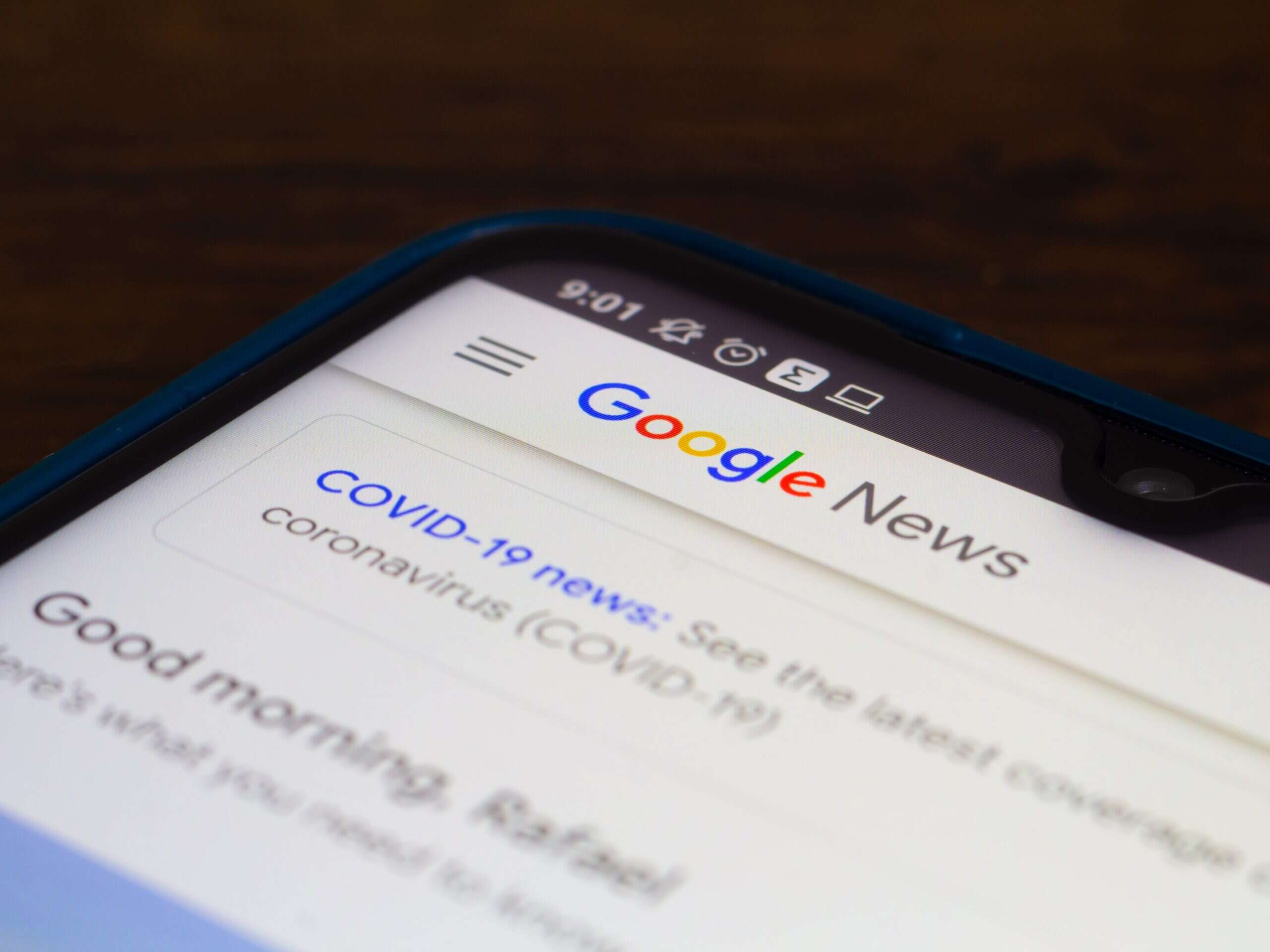
Google is appealing the €500m (£429m) fine handed down by France in July.
Sebastien Missoffe, head of Google France, said: “We disagree with a number of legal elements, and believe that the fine is disproportionate to our efforts to reach an agreement and comply with the new law.
“We continue to work hard to resolve this case and put deals in place. This includes expanding offers to 1,200 publishers, clarifying aspects of our contracts, and sharing more data as requested by the French Competition Authority.”
Original story 13 July 2021:
France has fined Google €500m for failing to negotiate “in good faith” with news publishers over payment for their content.
France’s competition regulator said the tech giant had ignored parts of its landmark ruling in April last year compelling it to negotiate over payment terms for content used in Google News and search engine results.
Isabelle de Silva, president of France’s Autorité de la Concurrence, said: “When the Authority imposes injunctions on companies, they are required to apply them scrupulously, respecting their letter and their spirit. In the present case, this was unfortunately not the case.”
She said Google’s negotiations with publishers and press agencies “cannot be regarded as having been conducted in good faith”.
[Read more: Global news industry should celebrate after Google compelled to negotiate with publishers in France]
The regulator said Google’s negotiation strategy had appeared to be “aimed at avoiding or limiting as much as possible payment of remuneration to publishers”.
It criticised Google for forcing discussions to be imposed within the framework of its Publisher Curated News partnership, which includes its Google News Showcase service.
Google announced in October it would pay $1bn to news publishers around the world over the next three years to package their content in panels under the Google News Showcase, which is live in more than a dozen countries including the UK and France.
But de Silva said that by forcing discussions through this framework Google refused “to have a specific discussion on the remuneration due for current uses of content”, as protected by neighbouring rights for publishers under French law.
She also said Google had restricted the scope of negotiations, telling AFP and French Federation of Press Agencies it would not include news agency content such as photos that have been used by publications. Google said on Tuesday it is now finalising an agreement with AFP.
[Read more: Agency photographer attempts to take back copyright in ‘game-changer’ lawsuit]
It was also found to have violated its obligations intended to ensure the neutrality of negotiations and failed to share information that would have assisted in negotiations.
Weekly news magazine L’Express said Google had “not provided us with any formulas or data to support its proposal” while daily newspaper Liberation said it had “no idea of the valuation that Google has made for the use of our neighbouring rights”.
The size of the fine “takes into account the exceptional seriousness of the breaches observed and what the behaviour of Google has led to further delay the proper application of the law on neighbouring rights, which aimed to better take into account the value of content from publishers and news agencies included on the platforms,” de Silva said.
A Google spokesperson said the company was “very disappointed” with the decision.
“We have acted in good faith throughout the entire process,” they said. “The fine ignores our efforts to reach an agreement, and the reality of how news works on our platforms.
“To date, Google is the only company to have announced agreements on neighbouring rights. We are also about to finalise an agreement with AFP that includes a global licensing agreement, as well as the remuneration of their neighbouring rights for their press publications.”
Publishers in the European Newspaper Publishers’ Association and European Magazine Media Association welcomed the decision.
They said there must be at EU level through the Digital Markets Act “regulation aimed at market dominant gatekeeping platforms granting non-discriminatory access of all legal publications and offerings, as well as a prohibition of self-preferencing and undue hindering, with a regulatory binding mechanism obliging market dominant platforms to negotiate with all rightsholders of the publishers’ right fair payment for their content”.
[Read more: More regulatory curbs on Facebook and Google with European Digital Services and Market Acts]
Email pged@pressgazette.co.uk to point out mistakes, provide story tips or send in a letter for publication on our "Letters Page" blog
